When cruising through the world of freight transportation, the term “FOC” might come up frequently, leaving you wondering about its true meaning. In this blog, we’ll delve into the concept of FOC in shipping by exploring its definition, historical roots, the reasons behind its widespread adoption, and the ongoing debates it sparks.
What is the Flag of Convenience (FOC)?
In shipping, FOC, or Flag of Convenience, refers to a practice where a ship is registered under a country’s flag other than its owner’s home country. This is primarily done to take advantage of more lenient regulations, favourable tax conditions, and other beneficial circumstances certain nations provide. These countries, known as “flag states,” offer what is called a “flag of convenience” to these vessels.
The concept of a flag of convenience is familiar, dating back to the early 20th century. During this time, shipowners began registering their vessels in foreign countries to evade the stricter regulations and higher operational costs imposed by their home countries. Initially, this approach was a way to avoid the rigorous labour and safety standards enforced by industrialized nations.
You must be thinking, why would anyone need to choose a different flag of convenience than the owner’s? Well, there are several reasons and benefits to it. Let’s discuss them.
Why to Choose a Flag of Convenience?
Choosing a Flag of Convenience (FoC) refers to the practice of registering a vessel in a country other than the owner’s home country, often for financial or regulatory reasons. Here are several key reasons why companies or individuals opt for a Flag of Convenience:
Tax Minimization
One of the primary incentives for shipowners to opt for a flag of convenience is the potential for substantial tax savings. Countries offering FOC often have lower tax rates or, in some cases, no taxes on shipping operations, making it a desirable option for shipowners keen on reducing their expenses.
Bypassing National Labor and Environmental Rules
Another significant factor driving the use of FOCs is the ability to sidestep stringent labour and environmental regulations imposed by national governments. Flag states with more relaxed rules allow shipowners to operate with fewer constraints, resulting in considerable cost savings.
Employing Lower-Wage Crews
Adopting a flag of convenience also allows shipowners to hire crew members from countries with lower wage standards. This practice not only cuts operational costs but also gives shipowners more control over vessel labour conditions.
National/Closed Registries vs. Open Registries
To fully grasp the FOC phenomenon in shipping, it’s essential to contrast national or closed registries with open registries. National registries typically enforce strict regulations and are usually restricted to citizens of that country. In contrast, open registries, where FOCs are common, allow ships from any nation to register under their flag, often with fewer restrictions.
Also read- Top Supply Chain Management Software Solutions 2024
It is essential to stay informed about the current trends; for FOCs it is no exception. Let’s go over this.
Current Trends and Statistics
In today’s shipping landscape, Panama, Liberia, and the Marshall Islands stand out as the leading flag states offering flags of convenience. These three countries account for many of the world’s merchant fleet, underscoring the prevalence of FOCs in global shipping.
Recent statistics reveal that more than half of the world’s merchant fleet operates under a flag of convenience. This trend highlights the continuing appeal of FOCs, driven by the economic advantages they present to shipowners. As global trade expands, using FOCs is expected to remain a significant feature of the shipping industry.
While the advantages of FOCs in shipping are clear, they have yet to go without criticism. Proponents argue that FOCs provide greater operational flexibility and cost efficiency. At the same time, opponents raise concerns about issues like poor working conditions and potential environmental risks.
FOCc has many benefits, and we have discussed them too briefly, but it is our duty that you also be aware of the challenges that come with it. So, let’s take a look at them.
Critiques and Challenges of FOC
- One of the most troubling aspects of FOCs in shipping is the legal obscurity they can offer. Ships registered under FOCs may be shielded by complex corporate structures, making holding owners accountable for legal violations or criminal acts challenging.
- The FOC system is also linked to poor working conditions for crew members on FOC-registered ships. These vessels may not adhere to international labour standards, leading to safety concerns and the exploitation of workers.
- Environmental groups have expressed significant concerns about FOCs. Ships flying these flags might be less likely to comply with environmental regulations, contributing to increased pollution and environmental damage.
Intoglo pays utmost attention to Mother Nature and ensures that our operations follow sustainable practices. With sustainable shipping and customs clearance, Intoglo provides logistics transportation services like no other. Check us out now!
Regulatory Measures and International Conventions
- The Geneva Convention on the High Seas marked one of the earliest efforts to address the challenges posed by FOCs in shipping. The convention aimed to set guidelines for operating ships on the high seas, including those registered under flags of convenience.
- UNCLOS established a more comprehensive legal framework for maritime activities based on the Geneva Convention. While UNCLOS has progressed in regulating FOCs, ensuring compliance among flag states remains challenging.
- The United Nations Conference on Trade and Development (UNCTAD) has also addressed FOCs. Through various initiatives and reports, UNCTAD strives to enhance transparency and accountability by using flags of convenience.
- The International Maritime Organization (IMO) and the International Labour Organization (ILO) have introduced treaties to improve safety and labour conditions on FOC-registered ships. These efforts are crucial in addressing some of the negative impacts associated with FOCs.
Port State Control and Its Importance
Port State Control (PSC) is a vital mechanism for enforcing international standards on ships, including those under FOCs. The Paris MOU is one such agreement that facilitates the inspection of foreign vessels to ensure they comply with safety, labour, and environmental regulations.
The Tokyo MOU serves a similar role in the Asia-Pacific region, contributing to inspecting and regulating ships operating under FOCs. Both the Paris and Tokyo MOUs are essential in maintaining standards and addressing the issues associated with FOCs.
Through thorough inspection procedures, PSC authorities can identify and rectify issues on FOC-registered ships, from safety violations to substandard working conditions. These inspections play a crucial role in enhancing global shipping operations’ overall safety and efficiency.
After discussing port state control and its importance, we will examine the economic and social repercussions for seafarers.
Also read- Automated Manifest System in Shipping Cargo
Economic and Social Repercussions for Seafarers
The FOC system has significant economic and social implications for seafarers employed from low-cost labour markets. This practice leads to wage disparities and concerns about the fair treatment of workers.
Comparisons between wages on FOC and non-FOC ships often reveal stark differences, with FOC-registered vessels typically paying lower wages. This disparity underscores the need for better regulation to ensure fair employment conditions.
Unfortunately, reports of unpaid wages and compensation problems are too standard among seafarers working on FOC-registered ships. These challenges highlight the ongoing debates surrounding FOCs and the pressing need for stronger protections for seafarers.
Conclusion
In summary, the concept of FOC in shipping is complex and multifaceted, carrying significant implications for the global shipping industry. While flags of convenience offer economic benefits to shipowners, they also present challenges related to legal accountability, labour standards, and environmental impact. As the industry continues to evolve, stakeholders must consider future regulations and enforcement measures to address these challenges, striving for a more equitable and sustainable future for all involved.
When it comes to managing the complexities of shipping logistics, it’s crucial to work with a trusted partner who understands the nuances of global trade. If you’re looking to ship your goods from India to the US, Intoglo offers expert solutions tailored to meet your needs. With a focus on door-to-door FCL shipments, premium shipping lines, customs clearance, and advanced tracking, Intoglo ensures a smooth and efficient process.
By understanding the intricacies of FOCs in shipping, you’re better equipped to make informed decisions and choose the right partner for your global shipping needs.


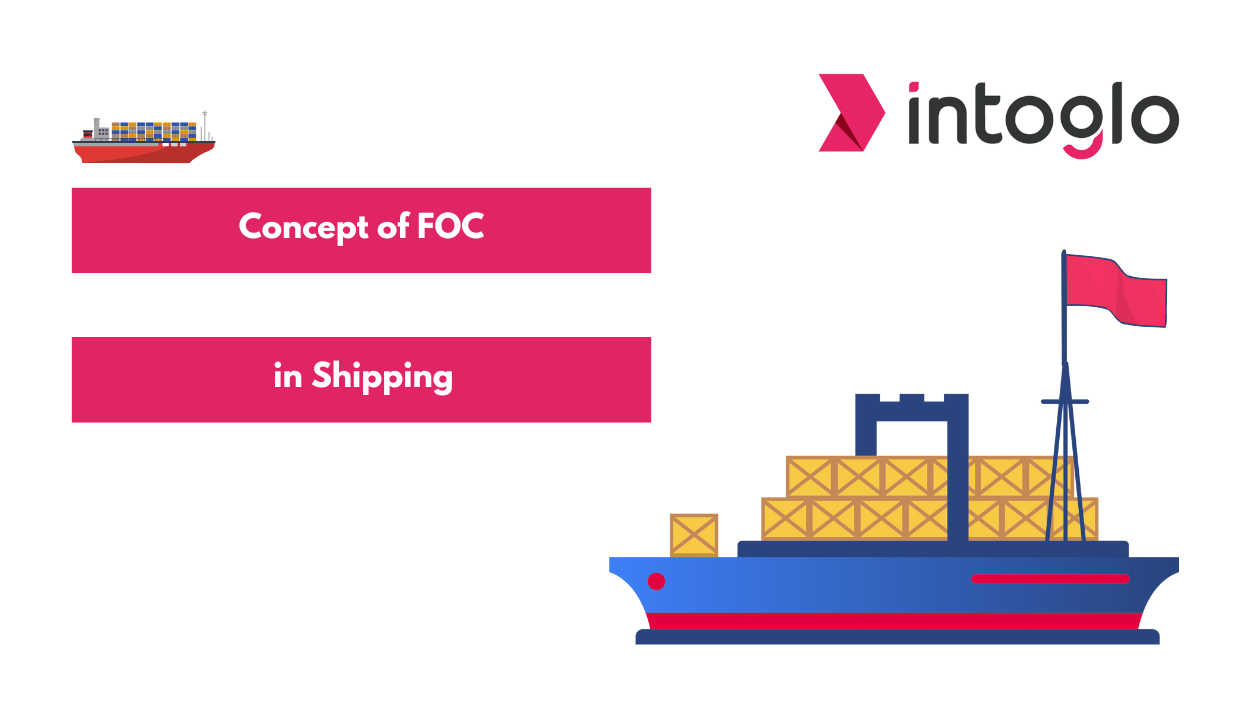

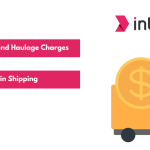
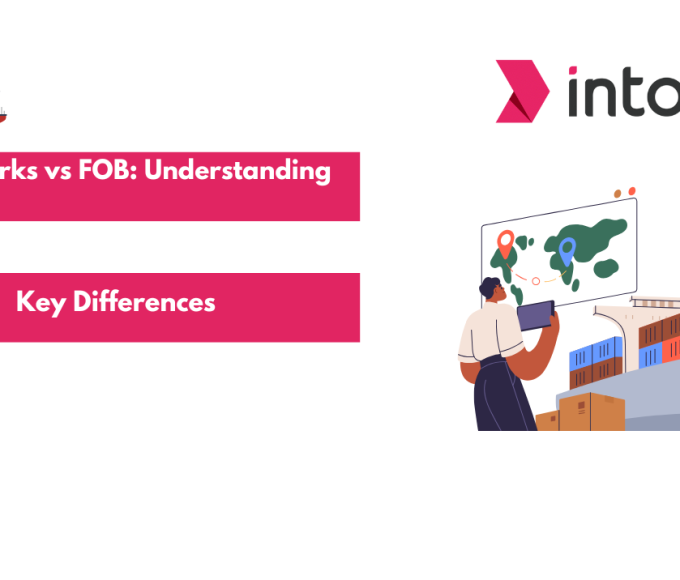
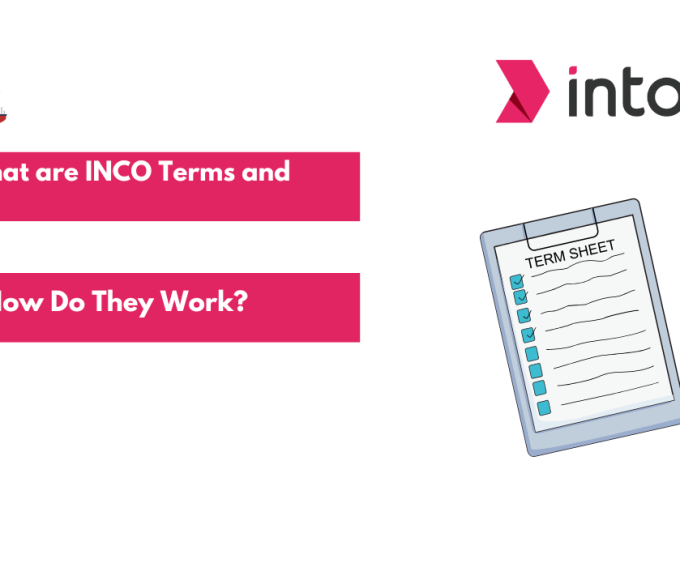
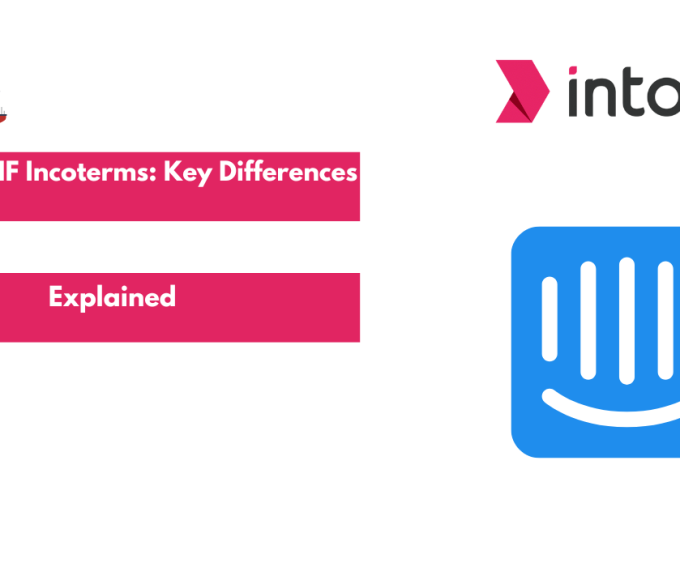
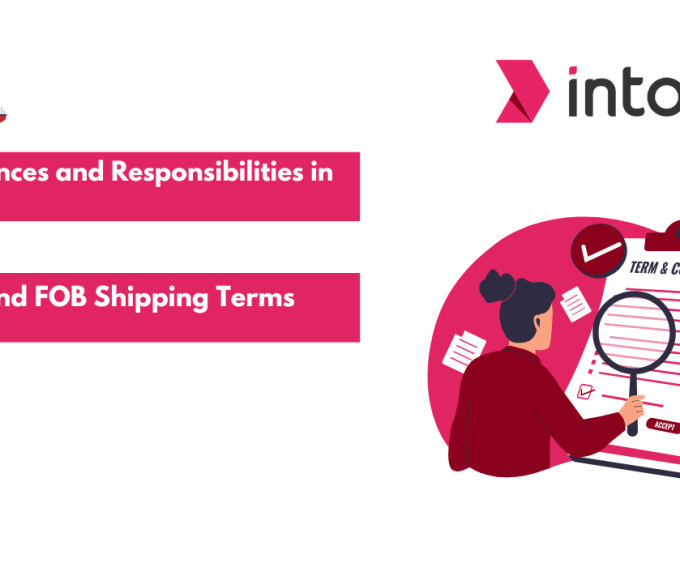
Leave a comment